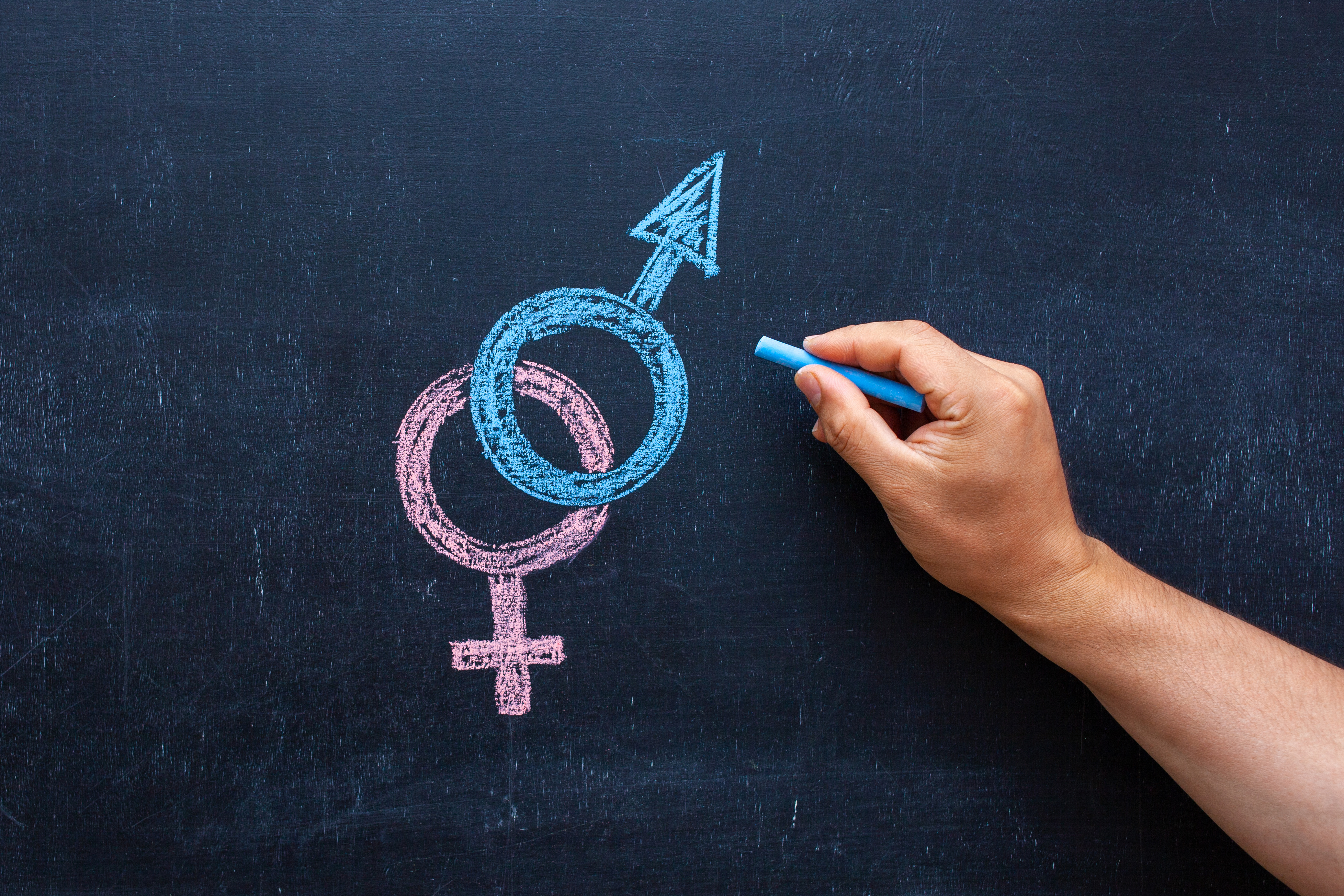The terms “man,” “woman,” “boy,” and “girl,” among others, are defined in connection with ova and fertilization in the “What Is A Woman Act,” which the Alabama House Committee on Health approved with a vote of 9-4 on Wednesday.
House Bill 405, sponsored by Rep. Susan DuBose, R-Hoover, would codify definitions of male, female and seven related terms according to biological sex and reproductive systems throughout Alabama law.
“If we don’t codify the definition of common sex-based terms, laws that prohibit sex discrimination will cease to mean anything at all, and single-sex private spaces will disappear,” DuBose said. “This bill does not erase or deny the existence of transgender people. This bill does not alter anyone’s legal rights. This bill does not create any new restrictions based on gender identity or transgender status.”
The bill would also require state organizations that collect vital statistics, including schools and health departments, to identify each individual surveyed as either male, female, or unknown according to biological sex at birth.
Critics of the bill were concerned it may overlook intersex individuals and others with medical conditions who may fall outside the definitions of biological sex. According to the Alabama Department of Public Health, the substituted version of the bill that passed the committee would allow a third “unknown” identification for medical, developmental, or other reasons. Intersex individuals could be identified as unknown in birth, fetal death, and death statistics.
The committee held a public hearing on the bill on May 17. Eleven individuals signed their opposition to the bill, including several transgender women.
“This bill uses an arbitrary aspect of a person’s biology to regulate social spaces. It’s the government sticking its nose into all of our lives to make them more dangerous, and frankly, more annoying,” Belle Moyers, a transgender woman and biologist, said at the hearing.
DuBose presented the bill as part of the nationwide “women’s bill of rights” movement. Alabama is the third state to consider such legislation, which has also been introduced to the U.S. Congress.





















































